Avian flu detected in bird at Wichita County rehab center
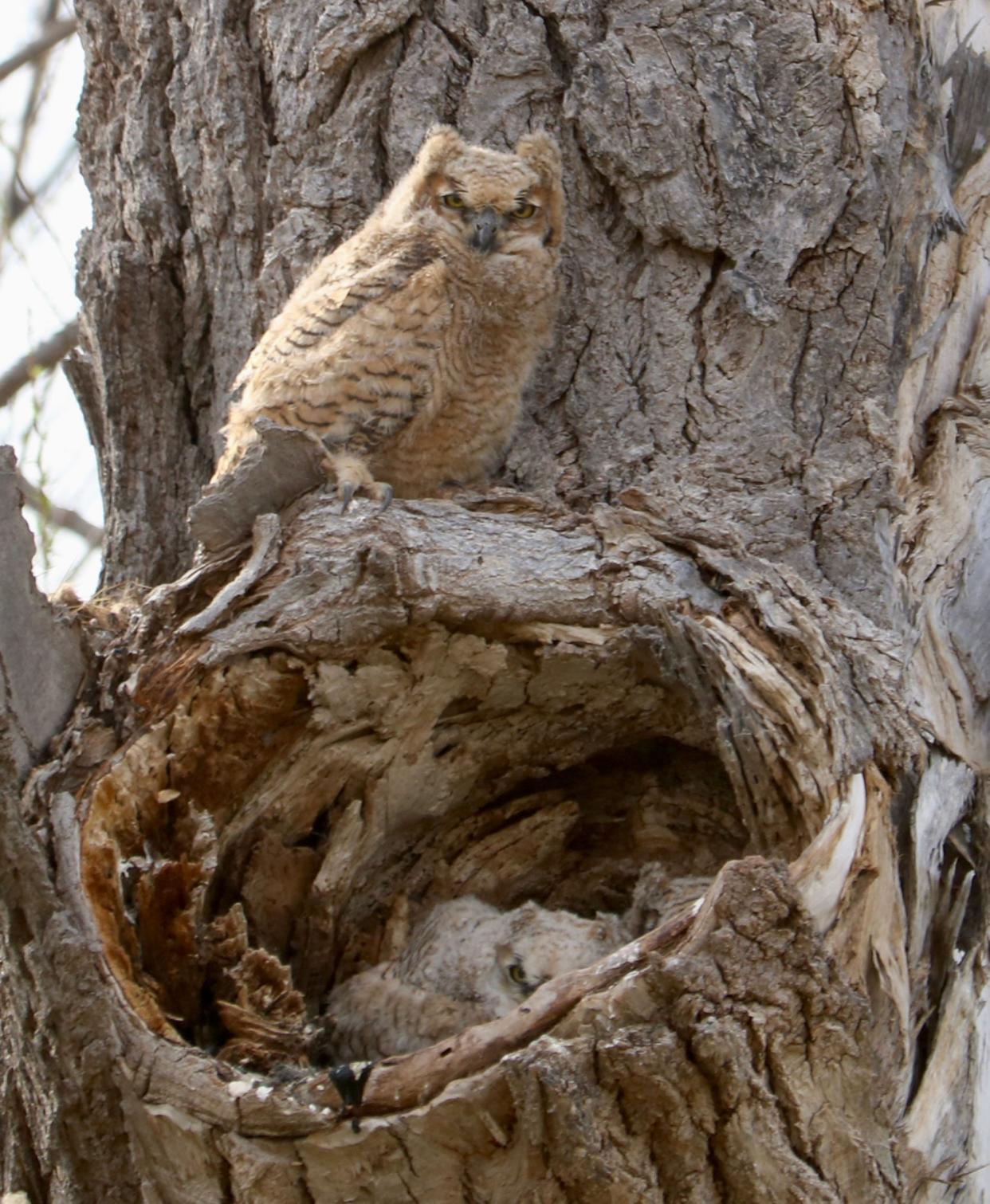
Texas Parks and Wildlife reported Wednesday that a highly pathogenic avian influenza (HPAI) was detected in a great horned owl at a rehabilitation facility in Wichita County.
This is the first confirmed case of HPAI in a wild bird in Texas.
The Wichita Falls-Wichita County Public Health District said the case was HPAI type A (H1N1) and was discovered in a juvenile owl. The bird was found in Iowa Park April 25 and was euthanized the same day. The test results were received Tuesday, May 3.
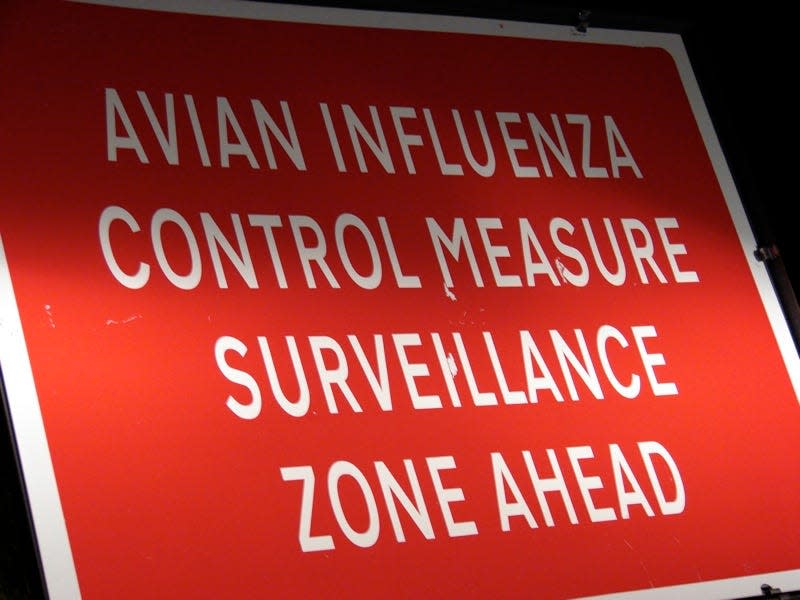
The case was confirmed by the National Veterinary Services Laboratories (NVSL) this week.
TPWD said the facility followed all recommended protocols after the owl showed symptoms of HPAI while at their center.
Ten people were confirmed to have had contact with the bird. All have been contacted and all are asymptomatic at this time. Most of the people have completed the 10-day monitoring period.
This case in Wichita County follows just after the detection of HPAI in a flock of commercial pheasant in Erath County.
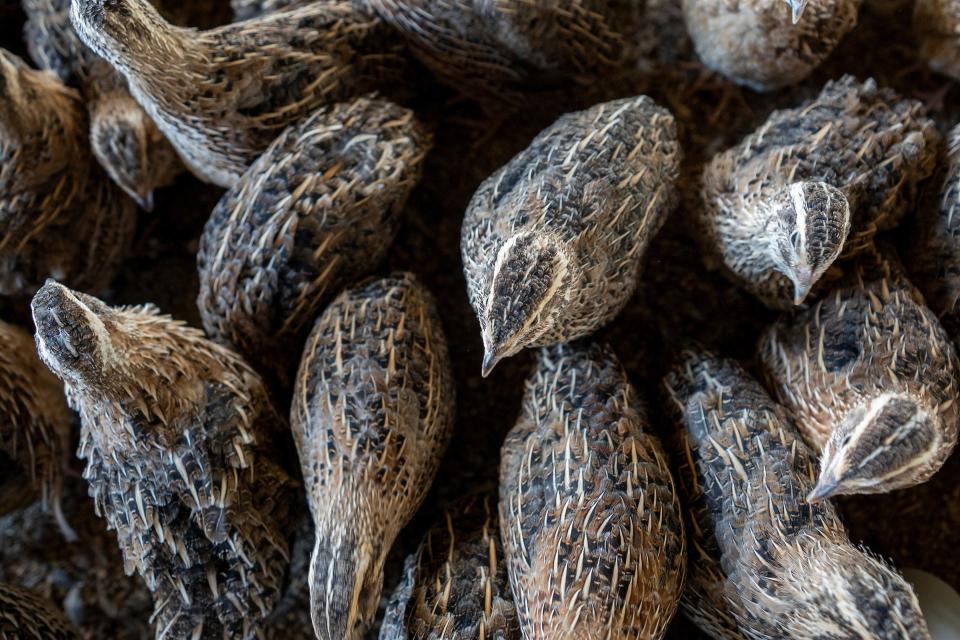
HPAI is a highly contagious disease that transmits easily between wild and domestic birds. It has been detected in 38 states in the United States.
Symptoms include diarrhea, incoordination, lethargy, coughing and sneezing and sudden death. Not all birds with HPAI have outward symptoms. The disease can spread in many ways including through contact with infected birds as well as contamination of equipment, clothes and shoes.
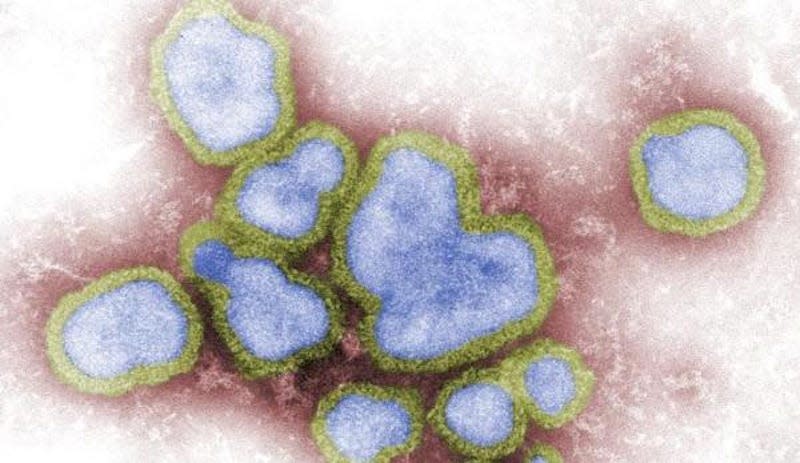
Facilities with wild or domestic birds are asked to enhance their biosecurity measures to reduce the risk of introduction of HPAI.
TPWD said the public can assist by limiting all unnecessary contact with wild birds.
Wildlife rehabbers should remain cautious when taking in new wild birds that show symptoms consistent with HPAI. New birds should be quarantined to limit exposure in the facility.
The risk of HPAI transmission from bird to humans remains low, but the public should still take protective measures, such as wearing gloves, face masks and handwashing, when contacting wild birds cannot be avoided.
Anyone who sees a bird with HPAI-consistent symptoms should immediately contact a local TPWD wildlife biologist or the Texas Animal Health Commission Region Office.
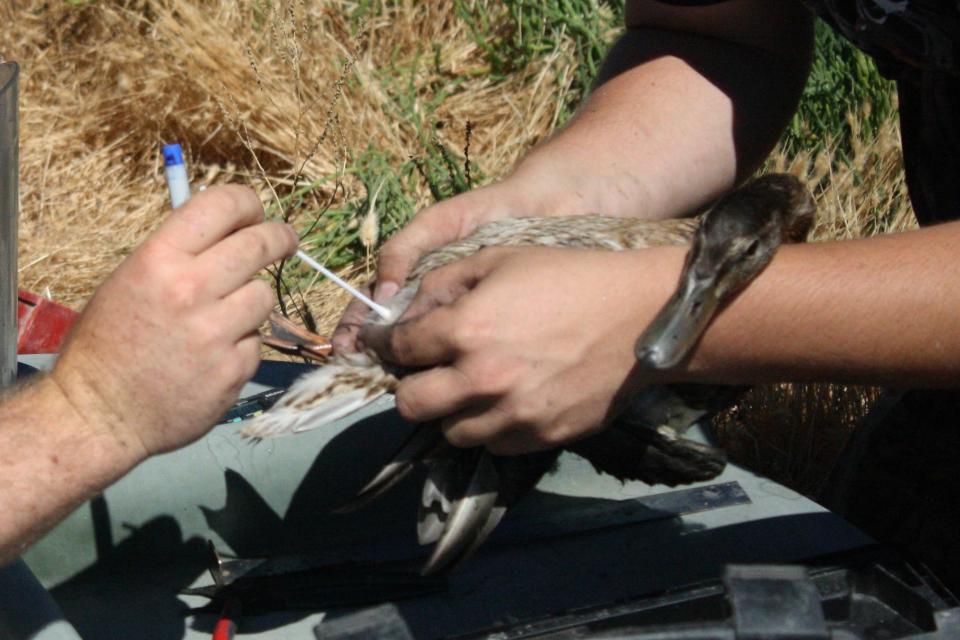
If you have sick or dying birds, please consult your veterinarian, or the local wildlife biologist at 325-203-2037 or report to the Texas Animal Health Commission (or the USDA) right away. Toll-Free Number: 1-800-550-8242.
For more information about HPAI in Wichita County, visit www.wichitafallstx.gov.
For more information on HPAI and biosecurity enhancement, please visit the United States Department of Agriculture and Texas Animal Health Commission websites.
This article originally appeared on Wichita Falls Times Record News: Avian flu detected in bird at Wichita County rehab center

